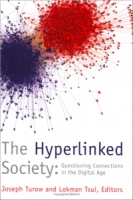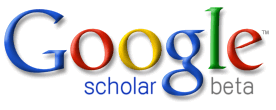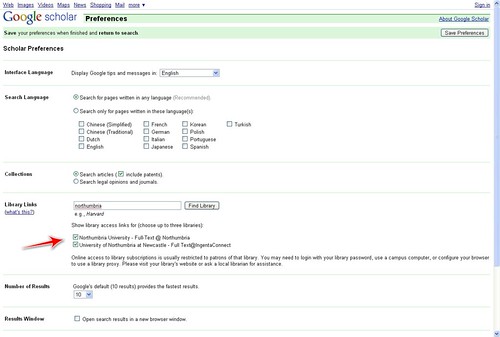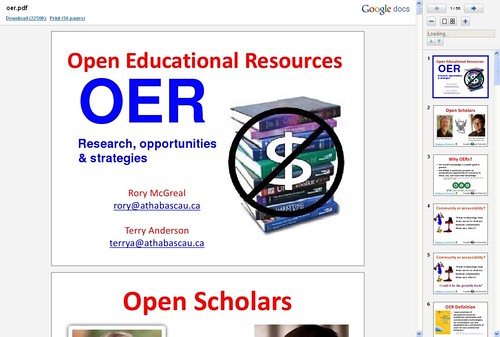 Every academic area of research and study has its leaders in the field. In the case of digital literacy and, more particularly, new literacies, it’s Colin Lankshear and Michele Knobel. They have a joint blog at everydayliteracies.blogspot.com and a couple of months ago wrote a post requesting volunteers to review books they’d been sent for the academic journal e-Learning and Digital Media, of which Michele is the editor.
Every academic area of research and study has its leaders in the field. In the case of digital literacy and, more particularly, new literacies, it’s Colin Lankshear and Michele Knobel. They have a joint blog at everydayliteracies.blogspot.com and a couple of months ago wrote a post requesting volunteers to review books they’d been sent for the academic journal e-Learning and Digital Media, of which Michele is the editor.
I, of course, jumped at the chance and offered to review two of the books. One had already been claimed, so Michele very kindly sent through The Hyperlinked Society: Questioning Connections in the Digital Age. I thought it would fit hand-in-glove with my Ed.D. thesis. I’ve promised to get the review to her by the end of this month, so this post is a way to keep me on track towards that target! 🙂
The Hyperlinked Society (hereafter THS) has three sections:
- Hyperlinks and the Organization of Attention
- Hyperlinks and the Business of Media
- Hyperlinks, the Individual and the Social
The book is a follow-up project to a conference in 2006 that featured around 200 people from countries around the world. They ‘came together to address the social implications of instant digital linking’ (Turow, p.5):
We did not intend to solve any particular problem at the meeting. Instead, the goal was to shed light on a remarkable social phenomenon that people in business and the academy usually take for granted… The aim [of the book] was not to drill deeply into particular research projects. It was, rather, to write expansively, provocatively – even controversially – about the extent to which and ways in which hyperlinks are changing our worlds and why. In short, we hope that this book will function as a platform from which others… will launch their own research projects and policy analyses. (p.5-6)
Given this stated aim it is easier to forgive the eclectic nature of the collected essays and the curious organization of the book as a whole. The final section, easily the strongest, which touches on the philosophical background and implications of the hyperlink, would seem naturally to come first. The middle section is the least academic of the three, with few references and bald assertions mainly about the future of advertising. The first section, whilst very interesting, is unfortunately almost entirely descriptive.
And therein lies one of two problems for a book about hyperlinks that is ostensibly a conversation-starter. First, the criticism can be levelled that why, if the book is about hyperlinks, does it need to be in book form at all? The second is the scatter-gun approach in terms of the target audience for the book. Whilst it sounds grand to state that ‘professors, graduate students, lawmakers [and] corporate executives’ (p.6) will find it useful, widening the book’s scope could lead to accusations that it lacks depth.
One of, if not the best, essay in THS is David Weinberger’s The Morality of Links. This is due to Weinberger’s willingness to not only going beyond description but to stick his neck out in defending his belief that ‘links are good’ and that ‘Morality and the Web have the same basic architecture’. Links are good because of two main reasons, he believes:
- The Web is a real potential that ‘we’re actively creating and expanding’, and
- Every time we create a link we ‘take a step away from the selfish solipsism that characterizes our age’ (p.189-190)
It is in this meta-level analysis of the importance of hyperlinks that the book has value. Given that most of the target audience would be aware of the history of the internet and would have probably only a passing interest in advertising, the third and final section of the book adds most to human knowledge in this area.
Overall, the book is valuable in providing material for undergraduate and postgraduate courses. Whilst it would be difficult to envision an occasion in which it could be used in its entirity, it is useful as a resource for a course organizer to dip into. The first and third sections are the most valuable: the first because it describes well the current situation and how we got here; the third due to its analysis and where we’re headed.
 I have unlimited love for Google Scholar, I really do. It’s the one tool that I really wouldn’t be without for academic purposes these days; I really wish it had been around when I was doing my BA in Philosophy and MA in Modern History. Still, I’m not grumbling – it’s around for my Ed.D. research! 🙂
I have unlimited love for Google Scholar, I really do. It’s the one tool that I really wouldn’t be without for academic purposes these days; I really wish it had been around when I was doing my BA in Philosophy and MA in Modern History. Still, I’m not grumbling – it’s around for my Ed.D. research! 🙂





